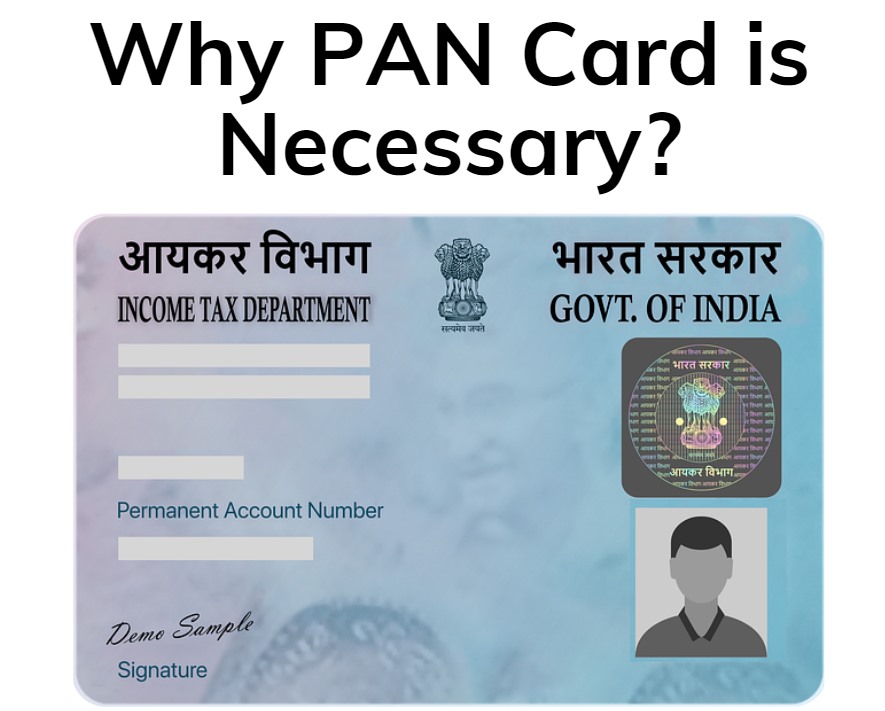Apart from banking services, a PAN card may be required for certain professional and personal reasons.
Let us understand why a PAN card is necessary in different scenarios.
Acceptance of Loan Applications:
You must share your PAN card details to get smooth approval for a personal, business, education, or any other loan from a bank.
Buying Life Insurance:
To buy a life insurance plan from any insurer, you must provide your PAN card details. If the annual amount paid to the insurer exceeds ₹50,000, then PAN details are to be provided compulsorily.
Currency Exchange:
When travelling abroad, you must provide your PAN card details for cash payments for currency exchange amounting to more than ₹50,000. Thus, it is a globally accepted proof of identification for different purposes.
Purchase or Sell of Motor Vehicles:
You must provide a self-attested copy of your PAN card when buying or selling your motor vehicle.
Sale or Purchase of Real Estate:
If the transaction involving the purchase or sale of your real estate property exceeds ₹10 Lakh, then the details of your PAN card details must be furnished.
Hotel Bills:
Hotel or restaurant bills exceeding the limit of ₹50,000 require your PAN card details, as per the mandate.
Investment Market:
To save tax, a large amount of money is usually invested in mutual funds, which bring this transaction under the mandate of providing the PAN card details. Debentures, bonds, fund units, etc., of more than ₹50,000 require PAN card details. PAN card details are also to be provided when opening a new DeMat Account.
Applying for An Aadhaar Card:
One is required to produce their PAN card when applying for an Aadhaar, and it is compulsory to link your aadhaar card to your PAN, the failure of which can lead to the deactivation of your PAN card.
Buy or Sell Goods and Services:
Any goods or services that cost more than ₹2 Lakh require PAN card details for a successful transaction to take place.
New Bank Account:
Any individual intending to open a new bank account in a bank or a post office must produce the details of their PAN card. However, this is optional for basic savings bank deposit accounts, which are zero-balance accounts.
Proof of Photo Identity:
A PAN card is widely accepted as a valid proof of identification, and thus, it can be produced legitimately by any citizen of India.
Credit Card Applications:
People applying for a credit card from a bank, cooperative, or any other institution must provide their PAN card details.
Depositing Cash:
To avoid the rising cases of money laundering, you must provide your PAN card details when making a cash deposit of more than ₹50,000 in a single day. The same applies to bank drafts, cheques, pay orders, etc., with the same amount limit.
Fixed Deposit:
Depositing an amount of ₹5 Lakh or more annually will require you to produce your PAN details, and also, if you invest in a fixed deposit of more than ₹50,000, you must offer your PAN card details to the banks, NBFC, Nidhi, post office, etc.


















